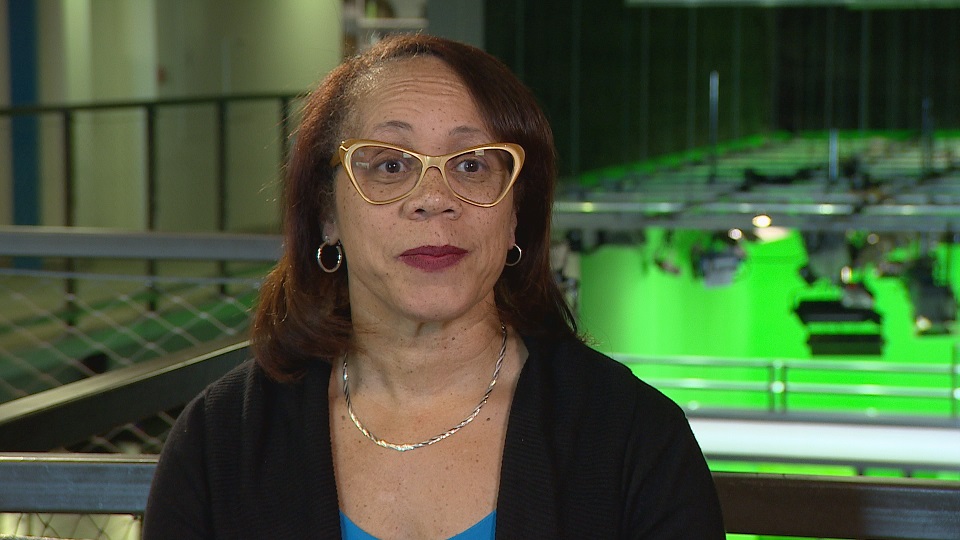Nova Scotia’s black educators say they’re being left behind by the provincial government as it moves ahead with changes to the education system.

Karen Hudson, president of the Black Educators Association, says that the Glaze Report’s implementation snubs the province’s black community.
“We see some flaws in regards to the report and how it represents the issues of African Nova Scotian learners and students in the community,” Hudson said in an interview on Tuesday.
She pointed to the lack of any reference to the Black Learning Advisory Committee (BLAC) Report on Education — a report centred on moving African Nova Scotians forward in the education system — in the Glaze report as an example.
“As members we’re left asking, how can you do a report on African Nova Scotia communities and not reflect on historical documents that reflect who we are?” she said.
READ MORE: Union membership at centre of renewed labour dispute with Nova Scotia teachers

Get daily National news
Education consultant Avis Glaze – whose report was ordered by the provincial government – released her report last month. It recommended scrapping all of the province’s English school boards in favour of a single “aligned model.”
The Glaze report made 22 recommendations, including moving principals and vice-principals out of the Nova Scotia Teachers Union and into a new professional association.
The report recommended the establishment of an education ombudsperson to investigate and resolve concerns or complaints in the education system.
Glaze also called for a provincial college of educators to license, govern, discipline and regulate the teaching profession.
In January, Education Minister Zach Churchill said the province would implement all off of the report’s recommendations.
Hudson says that the Glaze report contains a lack of consultation with the province’s black educators.
WATCH: Nova Scotia teachers prepare to fight ‘sledgehammer’ changes

She said that there was no meeting with Glaze, either officially or unofficially.
“I would like to continue the education and dialogue with our members but also to have the department of education to meet with us and see us as a catalyst for educational equity,” Hudson said.
The BEA president added that she’s afraid that the voice of black educators and students in the province will be forgotten without consultation.
“When you think about fears I think that we’ll be silenced, that you won’t hear the truth. I think we always have to get the truth about what is really happening,” she said.
“Who better to know what’s happening than speaking to those directly on the ground?”




Comments